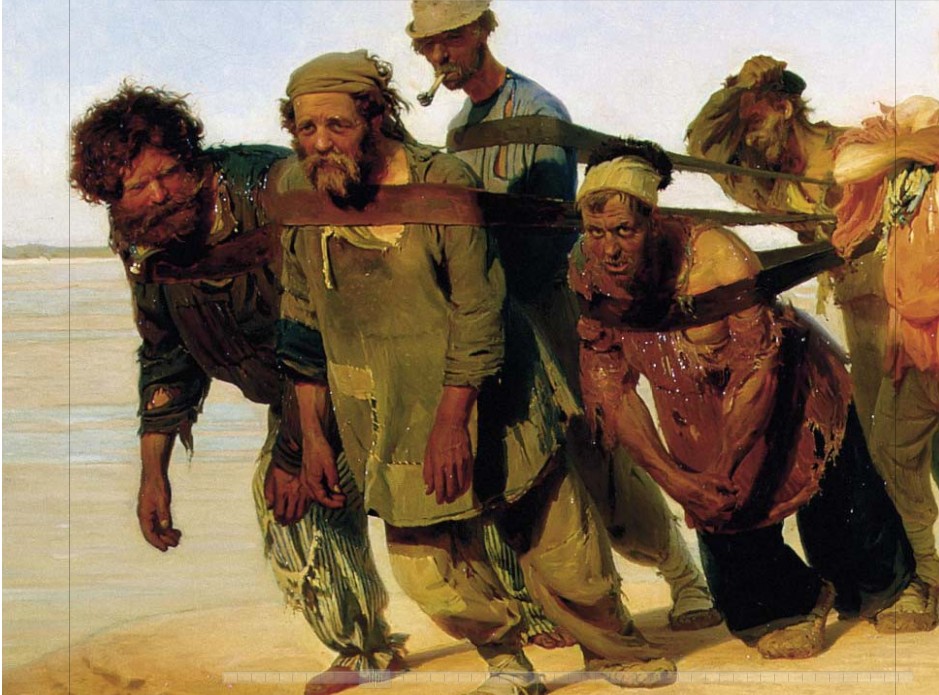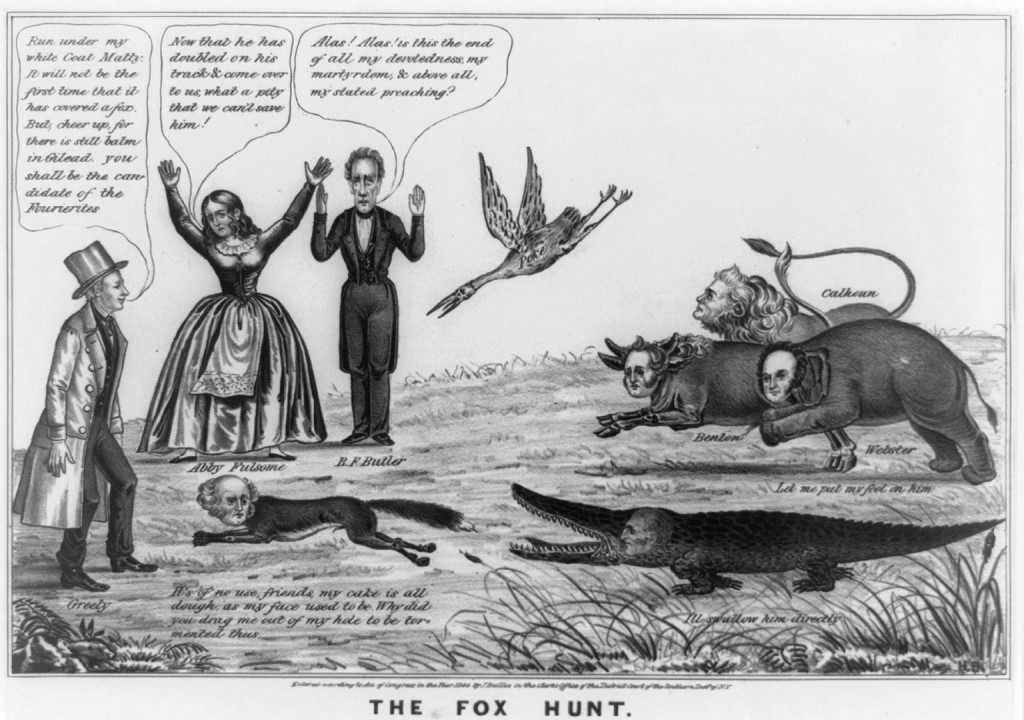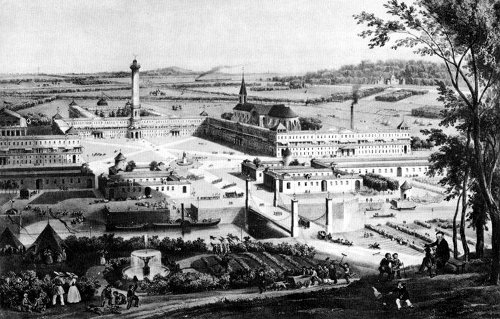Not content with the world as it is, people have always tried to imagine a world as it might become. it seems that old man time though has served to darken utopian visions in more ways than one…
From the time of Francis Bacon’s New Atlantis and Tommaso Campanella’s The City of the Sun at the beginning of the seventeenth-century, there was a considerable void in utopian literature until the end of the eighteenth-century. Instead of plans for perfect commonwealths, the Age of Reason yearned for the primitive. Its utopia was the forest primeval with encyclopedias dangling from the trees. Chateaubriand dreamed of the noble savage and Rousseau proclaimed man to have been pure before society corrupted him. This belief in nature and man’s natural goodness was a strong radical force, since it seemed to justify razing the structures of society in order to start again from the ground up. Heightened to anarchic ferver, it fed the French Revolution.

Read More:http://orangepunch.ocregister.com/2010/07/15/the-dems-are-promising-socialist-nirvana-like-they-have-in-sweden-oops/30711/ ---Road to Socialist Utopia.---It can be tempting to drift into increasing reliance on the government for more and more of what you once provided for yourself. Who doesn’t like “free” stuff? But socialism suffers from that malady Margaret Thatcher noted a while back: “The trouble with socialism is that eventually you run out of other peoples’ money.”---
It also animated a group of oddly assorted idealists, by turns idyllic and radical, pastoral and passionate,pacific and militant, democratic and tyrannic, who became known as the utopian socialists. From the middle of the eighteenth to the middle of the nineteenth, they drew up their schemes to tame the industrial revolution, until Karl Marx, sneering at their “unscientific” and vaporous dreams, began the movement that was to sweep them from the scene.
One of the first was Morelly who is credited with originating the catch phrase, used with variations by most Socialists thereafter: each is to labor according to his ability and share according to his needs. Alarmingly liberal in some matters, Morelly felt that even incest should not be prohibited; authoritarian in other respects, he proposed that marriage should be compulsory, and that celibacy should be allowed only after the fortieth year.
More typical was Etienne Cabe, who in Journey to Icaria visualized, despite some romantic trimmings, a totally regimented community where the ideal of brotherhood is turned into the great relentless leveler. Since inequality of talent or intelligence is nature’s fault, it is unjust to penalize the individual for it. Hence if some stand higher than others, they must be cut down to size; all dress alike, eat alike, learn alike, pray alike, and ultimately think alike. The environment is totally controlled: the city is laid out with mathematical precision, the sidewalks are covered against the rain, the streets are cleaned by special dust-collecting machines, and the windows are designed to close noiselessly. People work for the state, love for the state, die for the state.

Read More:http://americancivilwar.com/Fourierism.html ---Charles Fourier (1772-1837) saw manual labor as degrading and irksome, whether in the factory or the field. He believed that all work could be turned into play—made desirable and satisfying, physically and mentally. He designed a self-contained community, housing 1,620 members, called a phalanx after the Greek term for a unit of tightly linked fighting men. He believed men had twelve fundamental passions--the five senses, four of the soul (friendship, love, ambition and parenthood) and three related to work (love of variety, rivalry, and conspiracy). People were to be organized in squads according to “passionate attraction” thus ensuring their happiness at work.---
The most influential of the utopian Socialists was Charles Fourier, possibly because he approached utopia through psychology, though modern practitioners would scarcely recognize it as such. Human behavior, as he saw it, was a matter of the “passions” which, as we would put it today, had always been unduly repressed. They must be freed and harmonized with each other. In this he followed Rousseau and anticipated, however crudely, Freud. One cannot help wondering whether Freud’s map of the psyche, with its division into id, ego and super ego, will a century hence appear as quaint as Fourier’s map of the passions now seems. He counted twelve separate ones, from the “luxury” passions, corresponding to the five senses, to the “composite passion,” otherwise known as the desire for union.
To harmonize all these passions , the proper environment is needed, and Fournier described it in minute detail as the “phalanx” , an association of about fifteen hundred people on a small unit of land, self supporting through agriculture and light industry. Fourier was obviously part of the escape from bigness, the “small is beautiful” school, an abhorrence of the vast modern state. But he foresaw a world federation of phalanxes under a Great Chief whose residence was to be in Constantinople of all places.

Read More:http://www.bbc.co.uk/blogs/adamcurtis/2011/10/dream_on.html ---To really change the world the left needs to go back to the same utopian socialists that Marcuse rediscovered in the 1950s, and the grand romantic visions of other worlds they put forward. The one I love most is Charles Fourier who in the 1830s outlined an extraordinary new kind of society based on communities he called Phalanxes. Here is an image of a Phalanx. Fourier had no truck with the idea of changing people. All the different things inside their heads was just what they were like - and you worked with that extraordinary range of human nature and channelled it to create societies in which everyone played a role suited to their nature. His vision is wonderfully optimistic. Even potential murderers are allowed to work off their psychotic impulses - as butchers. And at the heart of Fourier's society is the idea of Love - a grand feeling of which sex is just a part. And there were special groups in the Phalanxes whose job was to manage the dynamics of Love. If you had been rejected by someone you lo
a special corps of "fairies" would come immediately and take you away, and cure you of your unhappiness. Fourier's romantic innocence seems intensely shocking to us today - because it seems so naive and optimistic. But it is their power to shock us in this way that potentially makes these long-forgotten utopian ideas genuinely revolutionary.---
Private property was permitted within certain co-operative rules. Everyone within reason could choose his occupation and change if they got bored. A very similar arrangement was to apply in choosing mates. In short, Fourier visualized a utopia of free love. He predicted that if mankind adopted his plan, it would face a glorious future of seventy-thousand years, when lions would not only eat straw but also draw carriages, when whales would pull ships and sea water would be turned into lemonade of your choice.









 COMMENTS
COMMENTS



